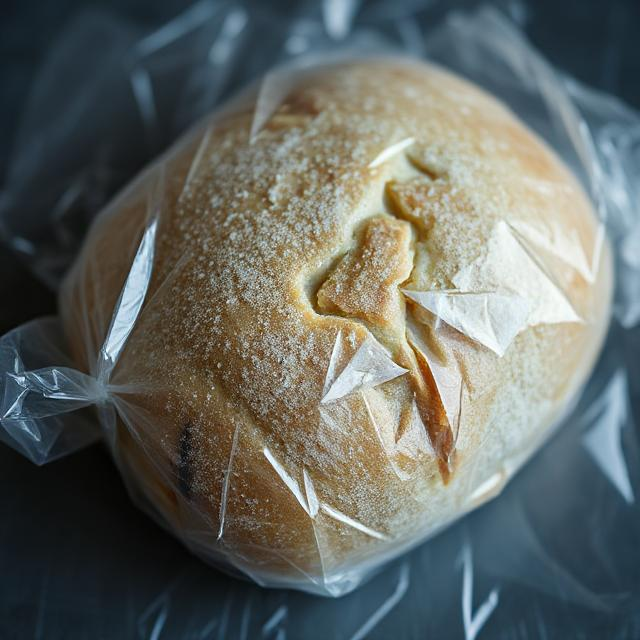In today’s fast-paced world, plastic packaging has become the norm for food preservation, storage, and transportation. But growing research—including the insights shared by Dr. Barbara O’Neill—highlights a disturbing reality: plastic packaging may be silently contaminating our food and damaging our health.
Is Plastic Food Packaging Dangerous?
Yes, it is. Plastic contains toxic chemicals like bisphenol A (BPA), phthalates, and styrene, which leach into food, especially when heated or exposed to sunlight. Dr. Barbara O’Neill warns that plastic-wrapped or plastic-packed food can become a vehicle for hormone-disrupting chemicals.
When Is Plastic Most Dangerous?
- When heated in microwaves
- When used for hot or fatty foods
- When freezing or boiling in plastic bags (e.g., sous vide cooking)
These conditions accelerate chemical leaching, making plastic food packaging dangerous for daily use.
Effects of Plastic Packaging on Food Quality and Human Health
Plastic may preserve food, but it does not preserve health. Over time, chemical migration from plastic packaging can:
- Alter the taste and quality of food
- Trigger immune responses in sensitive individuals
- Lead to the accumulation of toxins in the body
- Increase the risk of cancer, infertility, and thyroid disruption
This is why the impact of using plastic for preserving on the food quality is a serious public health concern.
Harmful Effects of Plastic on Food and the Human Body
Dr. O’Neill explains that plastic packaging mimics estrogen, interfering with the body’s hormone regulation. This is especially concerning for children and women, as it contributes to early puberty, menstrual irregularities, and fertility issues.
Health Risks of Plastic Packaging:
- Hormonal imbalance
- Metabolic disorders
- Cancer (especially breast and prostate)
- Reproductive dysfunction
- Neurodevelopmental issues in children
If you’ve ever wondered, “Can plastic bags cause cancer?”—yes, long-term exposure to chemicals in plastics may contribute to cancerous cell mutations.
Environmental Impact of Plastic Pollution
Plastic packaging doesn’t just affect health—it devastates ecosystems. Plastic bags are non-biodegradable and can take hundreds of years to decompose. They pollute landfills, oceans, rivers, and even the air when burned.
Plastic Bags and Sea Life:
- Turtles mistake them for jellyfish and choke
- Fish ingest microplastics, which enter the human food chain
- Coral reefs are damaged by plastic waste
- Sea birds die from ingesting plastic particles
This shows why plastic bags are dangerous for sea life, and why plastic pollution in countries like Pakistan has become a national crisis, often highlighted in plastic pollution research papers and essays.
Plastic Packaging Industry vs. Public Health
The food packaging industry—especially in countries like Pakistan—is booming, with many fast food chains, frozen food companies, and delivery services relying on plastic. While cost-effective, these disposable packaging materials pose long-term health and environmental risks.
Disadvantages of Plastic Food Packaging:
- Encourages a throwaway culture
- Lacks regulatory oversight in many regions
- Often used without warning labels or safety tests
- Difficult to recycle and manage responsibly
Does Plastic Need to Be Banned?
This question is no longer hypothetical. Many regions have already started banning plastic bags and containers, citing their harmful effects on human health and the environment.
Dr. O’Neill supports a shift toward safer alternatives like:
- Glass containers
- Stainless steel lunchboxes
- Biodegradable packaging
- Unbleached paper wraps
Conclusion: Protect Your Health—Ditch Plastic
Understanding the dangers of plastic packaging on food is essential in today’s chemically saturated world. From chemical leaching to hormonal disruption and environmental pollution, the risks far outweigh the convenience.
Take steps to:
- Avoid hot food in plastic containers
- Never microwave in plastic
- Use natural alternatives whenever possible
- Support policies and brands that promote sustainable packaging
Remember, your health—and the planet’s future—begins with the small choices you make today.



